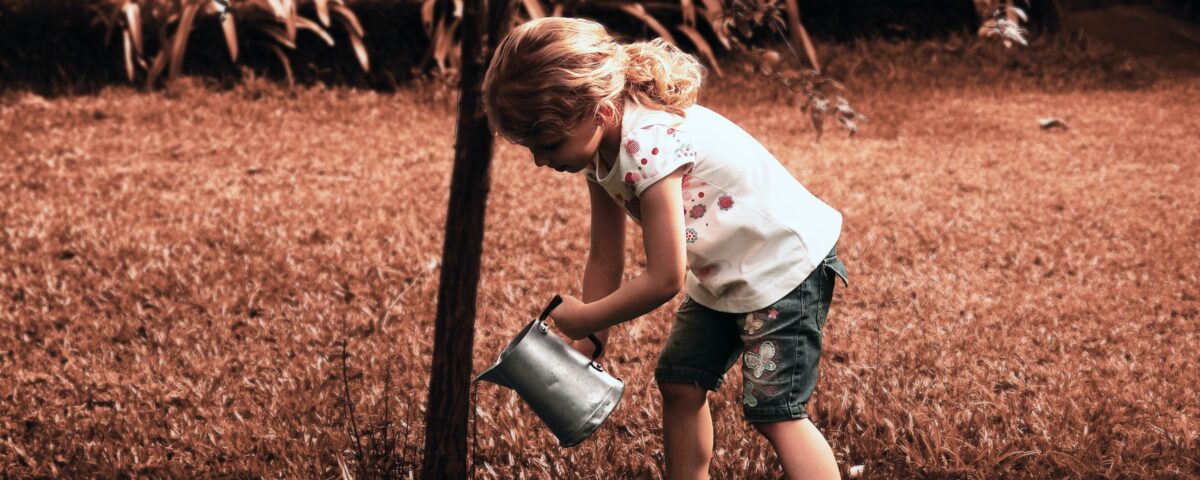
Your Self-Talk Matters
September 6, 2023
Family Resilience: Communication
September 20, 2023A resilient family is able to maintain connections and support one another particularly when life gets difficult. What does this look like? The ability to communicate information and emotions openly about difficult things. Tolerate uncertainty and work through the process. Share core values with room for differences. Adaptive problem solving. Realistic hope. I will get more into these characteristics in upcoming posts. Today, I want to say a few words about what I mean when I use the word family.
Your Family, Your People
Your family is your first community, your people. Families are amazing and complex, literally the source of life and potentially the source of major trauma. The best and worst things happen here. Finding ways to recognize and support family resilience is like planting trees in your own neighborhood. You, and the people who come after you, will all benefit.
To start with, I am making no assumptions about what your family looks like. There may be many people or just a few, and you may be related by genetics, law, or agreement. These are the people you travel through time with, connected by mutual values, obligations, traditions, and stories. Change is constant, people move away literally or socially, new people join in. A primary function is to provide care for all through the lifespan. Infants must have a family to live. (This truth means that whoever is keeping that baby alive is their family, at least at that point in time.) Children thrive in a supportive web of relationships. Teens and young adults are best launched with a team approach. Adults need connection and older adults are vulnerable without the care of family.
More Than One
You are likely to belong to more than one family. There is your first family, those people you were born to, a matter of fate. You became you at a certain point in history accompanied by these people with DNA and life circumstances in common. Change can happen at any age. Many people experience major family changes in childhood through adoption or step-families. Adolescence is often when you start to build your chosen family. Did you have a best friend who all but lived at your house? Or were you that best friend? As time goes on, you may add a spouse or partner and their family. As an adult, you get to decide who you identify with and turn to in times of need. Ideally you have interconnected webs of relationships allowing you to give and receive support, advice, snacks, and laughter.
Families are never perfect. They are way too complicated and human for that. But they can be resilient. They can provide direction while still being flexible, compassionate, and forgiving. They can have recipes and inside jokes that travel across generations. It helps if there is a sense of humor and a willingness to give people the benefit of the doubt. I will spend the next few blog posts exploring ways to spot and encourage family resilience.
Peace,
Laura A. Gaines
To learn more, explore learnmodelteach.com for tools, videos, and coaching opportunities.





